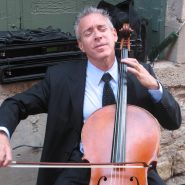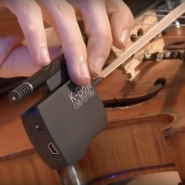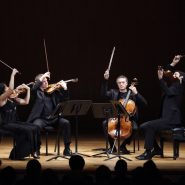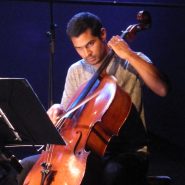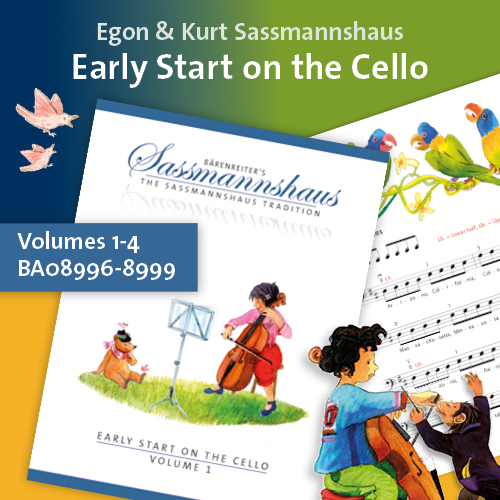Tag: Quartet
By Mark Summer October 4, 2012
Subjects Artistic Vision
By Brant Taylor February 20, 2012
Subjects Artistic Vision
Tags Awareness, Bernard, Brant, cello, cello technique, cellobello, David, Development, Experience, Greenhouse, Gregor, inspiration, Janos, Katz, music, Paul, performance, perspective, Piatigorsky, Popper, Quartet, Starker, Taylor, Teaching
By Jeffrey Zeigler November 21, 2011
Subjects Technology
Tags cello, cellobello, device, discussion, interactions, Jeffrey, k-bow, Kronos, Master Class, music, Quartet, Zeigler
By Jeffrey Zeigler May 29, 2011
Subjects Technology
By Margo Drakos April 29, 2011
Subjects Chamber Music
Tags career, cello, cellobello, colleagues, communication, concepts, David, David Soyer, dreams, environment, experiences, goals, influences, inspiration, melody, motivation, music, opportunity, organization, practicing, Quartet, repertoire, respect, skills, Soyer, strength, string quartet, support, sustain
By Brandon Vamos March 28, 2011
Subjects Chamber Music, Repertoire
By Jeffrey Zeigler March 18, 2011
Subjects Travel
Tags air travel, airlines, cello, control, Experience, extra seat, FAA, FAA passenger bill of rights, flexible, flying, Jeffrey, Kronos Quartet, Quartet, regulations, rules, safety, Travel, TSA, Zeigler
By Jeffrey Zeigler December 1, 2010
Subjects Technology
